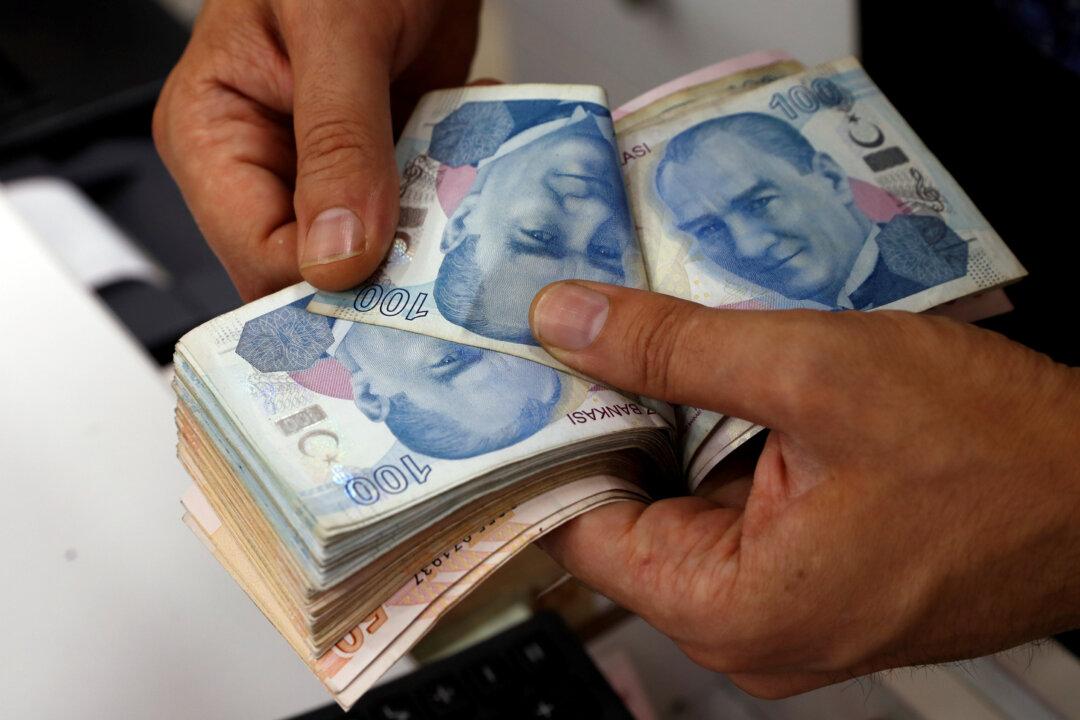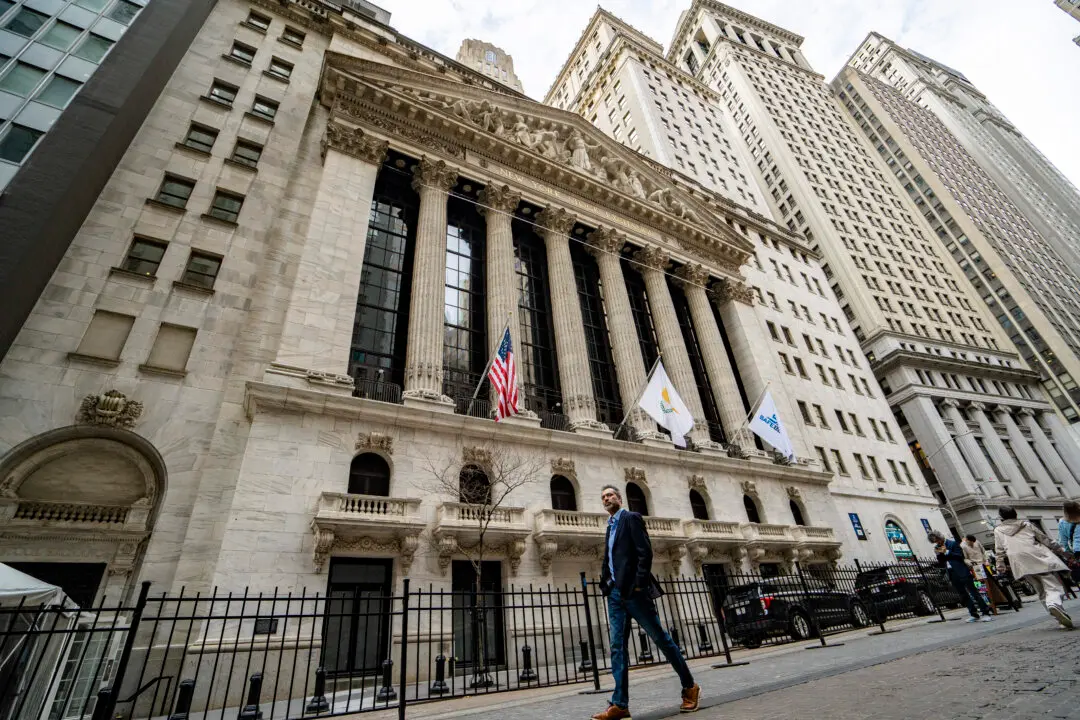Turkey Inflation Rate in October 2022
The annual Turkey inflation rate increased to a 24-year high of 85.51 percent in October, up from 83.45 percent in September, according to the Turkish Statistical Institute.
The figure, which was the highest level since June 1998, came in just below economists’ expectations of 85.6 percent.
Compared to the same period a year ago, rampant price inflation was driven by transportation (117.2 percent), food (99.1 percent), housing and utilities (85.2 percent), and apparel (41.3 percent).
On a month-over-month basis, the inflation rate jumped to 3.54 percent, up from 3.08 percent in the previous month. The headline print was also slightly under the market estimate of 3.6 percent.
Producer prices also experienced a dramatic surge last month. The Producer Price Index (PPI) spiked to 157.69 percent year over year, up from 151.5 percent. The monthly PPI also advanced to 7.83 percent, up from 4.78 percent.
The annual producer inflation accelerated because of higher prices in four critical sectors of the economy: electricity and gas (554.56 percent), mining and quarrying (162.06 percent), manufacturing (122.97 percent), and water supply (109.45 percent). In addition, prices also climbed for nondurable consumer goods (132.88 percent), intermediate goods (123.12 percent), durable consumer goods (98.65 percent), and capital goods (95.61 percent).
Some experts believe this might be the peak for headline inflation, but only if the Turkish currency, the lira, does not weaken further. Year to date, the lira has lost about 40 percent against the U.S. dollar. Over the last 12 months, the currency has plummeted roughly 92 percent against the greenback.





